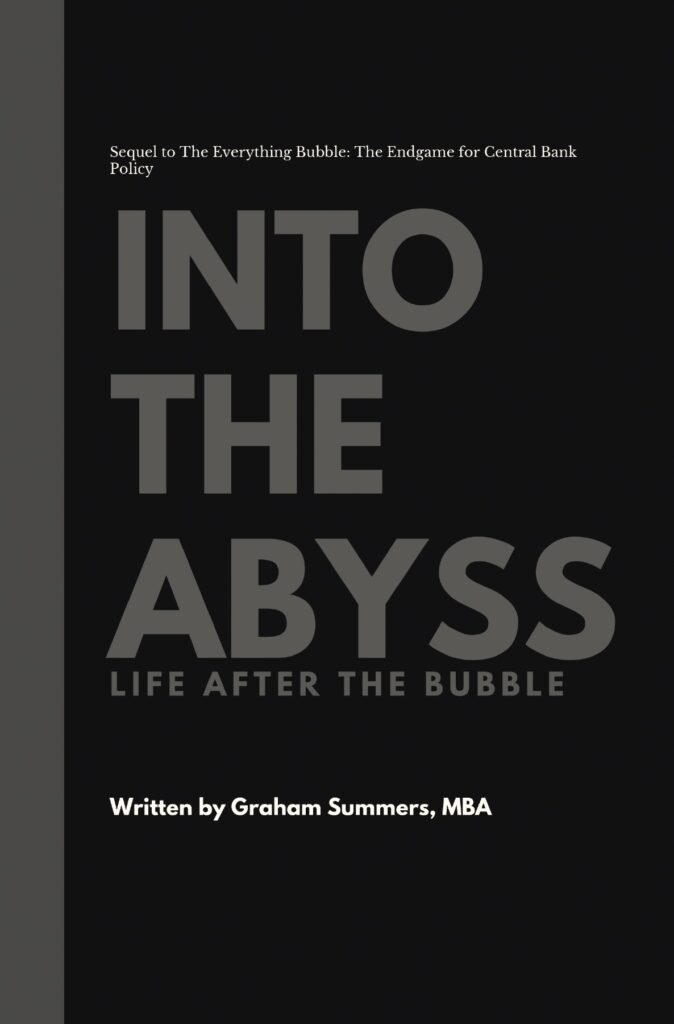Based simply on CAPE (cyclical adjusted price to earnings) the market is significantly overvalued with a reading of 23.
However, even this measurement understates the true nature of the bubble because one of the biggest drivers of corporate earnings in the post-2009 era is financials (they account for 16.8% of the S&P 500, second only to IT). And financials’ earnings are a complete fantasy derived via accounting gimmicks.
I’ll give you an example. One of the classic accounting gimmicks is to write off loan loss reserves.
Banks and other financial institutions are required by law to maintain a certain amount of capital to make up for loans that borrowers default on. No matter how hard a bank works to only lend to those who won’t default, inevitably a certain number of loans go bad.
Loan loss reserves are expensed against earnings. So when you raise loan loss reserves, your profits fall (profits= sales-expenses). And in contrast, when loan loss reserves fall earnings are higher even though the bank hasn’t technically made more money.
JP Morgan used this tactic to juice its first quarter earnings for 2013 by a whopping $1.2 billion. Without this gimmick, earnings were only 8% higher than those of first quarter 2012, not the incredible 33% JP Morgan claimed by lowering loan loss reserves.
This is just one of a numerous accounting gimmicks financial companies use to juice earnings higher. But it’s a very safe assumption to state that financials’ earnings are imaginary in nature.
So, let’s take financials out of the mix. Unfortunately for the bulls, financials are the largest contributors to earnings growth for the S&P 500 in 2Q13. If you remove this sector, then earnings for the S&P 500 in the second quarter so far are DOWN 2.9%
This is the most critical issue for the US stock market, not who will be the next Fed Chairman. Earnings are the primary drivers of markets.
On that note, I’ve already prepared readers of my Private Wealth Advisory newsletter with a number of targeted investment strategies designed to help them not only manage risk, but produce outsized profits during the coming economic slowdown.
Already we’ve locked in 14 straight winners over the last two months. More are coming.
Indeed, during the first round of the Euro Crisis we locked in 73 straight winning trades and not one single closed loser. That was during a time when the market went nowhere.
So we’re getting ready for another similar winning streak during this next round of economic contraction. You can make money during times of slow growth, but you need the right investment strategies.
If these sound like the kind of investment strategies you could use for your portfolio, I suggest taking out a trial subscription to Private Wealth Advisory. You’ll immediately begin receiving my bi-weekly investment reports outlining the most important developments in the market.
You’ll also receive my real-time trade alerts, telling you the minute it’s time to open or sell a trade.
All just for $299 a year.
You get:
- 26 bi-weekly investment reports (ranging from 15-30 pages in length)
- Six Special Reports outlining unique opportunities and risks in the markets that 99% of investors don’t know about.
- 30-50 trades per year provided to you in real time
- The sense of calm in knowing that you’ve got your financial house in order.
To sign up for Private Wealth Advisory…
Yours in Profits,
Graham Summers
Chief Market Strategist
Phoenix Capital Research




